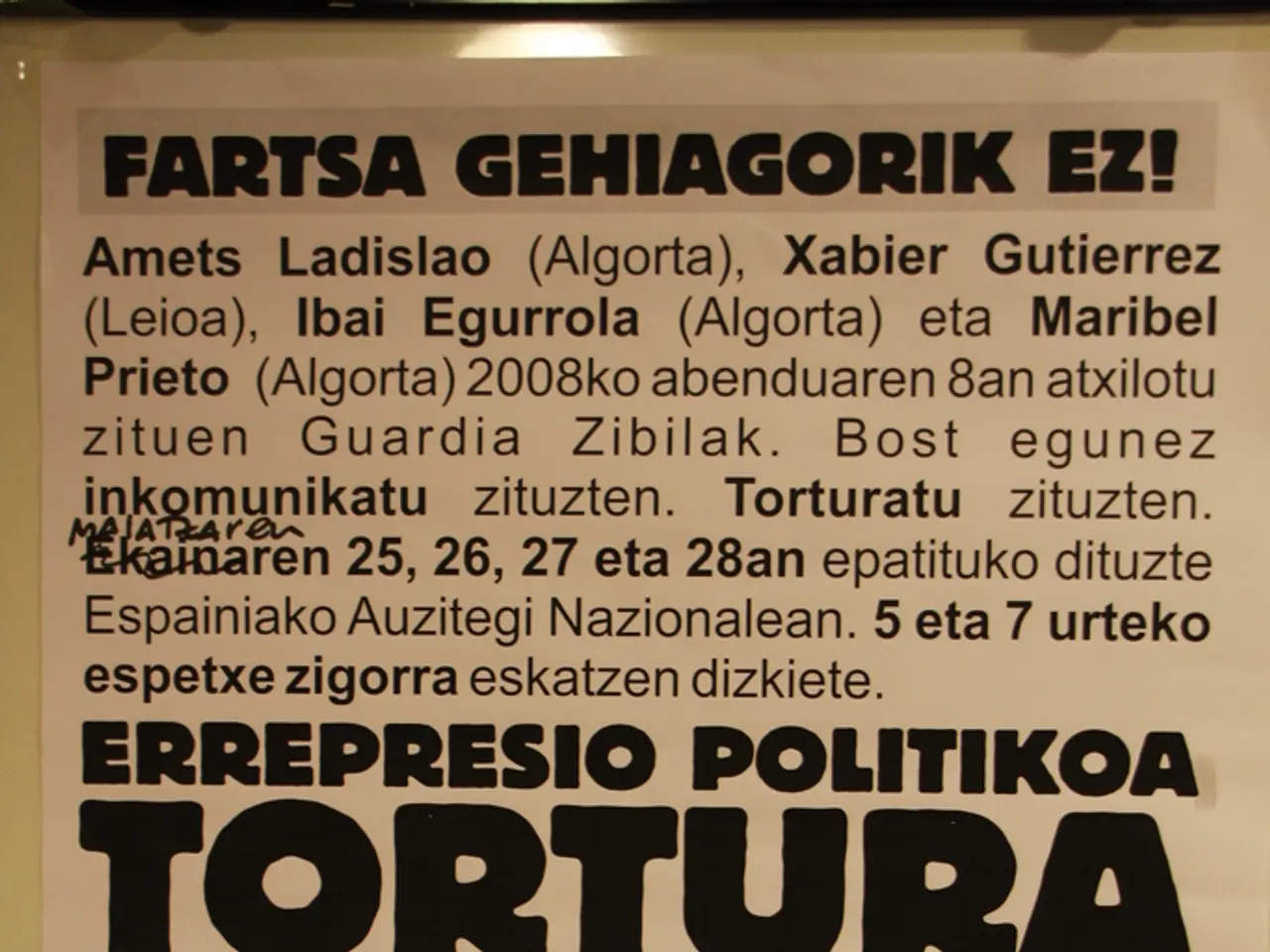Student's Semester Amid Argentina's Economic Turmoil: A Tale from Milei's Lab in Lithuania
In early 2024, Karolis Kasarauskas, a master's student in political science from Vytautas Magnus University (VMU), embarked on a semester-long journey to Buenos Aires, Argentina, through the Erasmus+ exchange program.
Kasarauskas's planned research paper at the University of Belgrano, examining U.S.-Latin American relations during the Trump and Biden administrations, suddenly had a new, explosive contemporary context due to the recent inauguration of President Javier Milei, a radical libertarian economist.
Milei, who took office in December 2023, was intent on dismantling Argentina's decades-old economic model. Within days of his inauguration, he devalued the peso by over 50%, halved the number of government ministries, and initiated plans to slash tens of thousands of public sector jobs.
This drastic shift in policy had a significant impact on the Argentine economy. The austerity measures achieved Argentina's first quarterly budget surplus in over a decade and caused monthly inflation to plummet, but at a cost: the poverty rate surged to a two-decade high, real wages fell, and the economy plunged into a deep recession.
Despite these challenges, Kasarauskas found his stay in Buenos Aires to be an enriching experience. He lived in a student apartment shared with other Argentines, which immediately immersed him in the local reality rather than the insulated bubble of an expat compound.
The culinary landscape of Buenos Aires reflected its European influence, with preparations often carrying an Italian accent. The national ritual, the asado, a social gathering centered around a barbecue of various meats, typically served with red wine, was a highlight of Kasarauskas's stay.
Fluency in Spanish was essential for navigating daily life in Buenos Aires, as English was not widely spoken outside of tourist hubs. Kasarauskas's experience in Argentina forged a different set of skills than those acquired in a classroom, including resilience, adaptability, and the ability to make critical decisions under immense pressure.
The deep-rooted cultural identity of Buenos Aires remained a powerful force despite the economic crisis. Argentina's demographics, language, and traditions were profoundly shaped by massive waves of migration, especially from Southern Italy in the late 19th and early 20th centuries.
Kasarauskas's mentor during his stay was Carlos Mendoza, a senior political advisor who gave him special insight into the unwritten politics of the Argentinian government. The university's investment in its international programs and its liberal arts framework created the conditions for Kasarauskas to embark on his trip. In return, his experiences enriched the university's academic culture and global reputation.
During his stay, Kasarauskas also experienced Argentina's historic dengue fever outbreak, with a fourfold increase from the previous season. The public transport reform disrupted the issuance of the essential Sube travel card, causing a city-wide paralysis for many.
The gap between the official and blue currency rates shrank dramatically due to Milei's policies, making using a bank card a cheaper option than exchanging cash. As a European student with access to euros, Kasarauskas was shielded from the worst of the economic crisis, able to afford luxuries like large steaks that were unaffordable for many Argentines during this period.
Despite the challenges, Kasarauskas's journey in Argentina was a testament to the transformative power of cultural exchange and the resilience of the human spirit.
Read also:
- Impact of Alcohol on the Human Body: Nine Aspects of Health Alteration Due to Alcohol Consumption
- Understanding the Concept of Obesity
- Lu Shiow-yen's Challenging Position as Chair of the Chinese Nationalist Party (KMT) Under Scrutiny in Donovan's Analysis
- Tough choices on August 13, 2025 for those born under Aquarius? Consider the advantages and disadvantages to gain guidance







